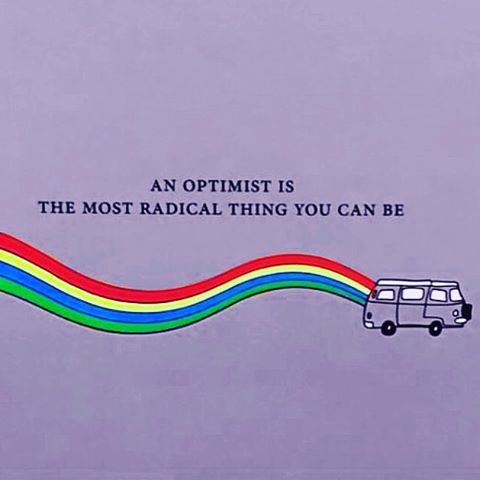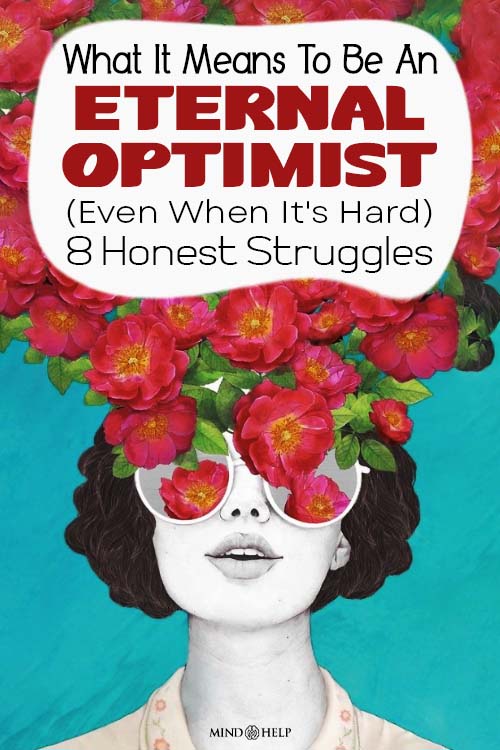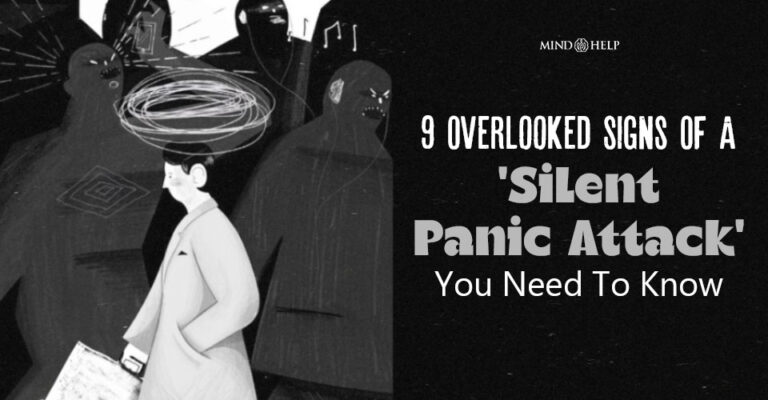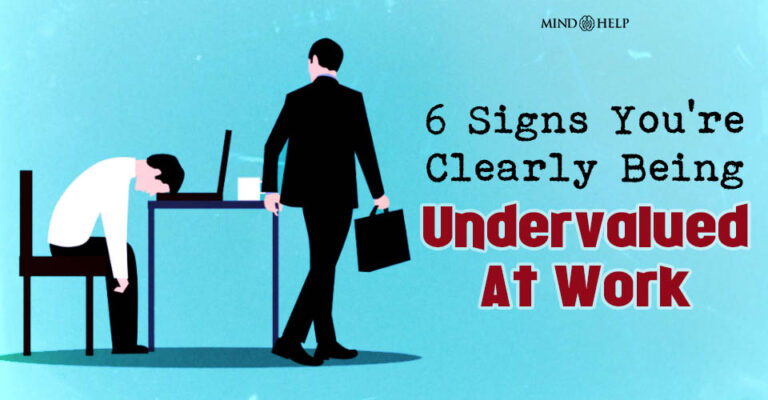Most people assume that being an eternal optimist means walking around with a permanent smile, seeing only the good in every situation, and brushing off anything painful. But ask anyone who truly lives with this mindset, and they’ll tell you: it’s not that simple.
Eternal optimism is not blind faith or toxic positivity. It’s a deliberate mindset. It means consistently choosing to believe that good is still possible, even when the odds aren’t in your favor. It means seeing beyond the moment, and trusting that, somehow, this mess will lead to something meaningful.

But being an eternal optimist isn’t always easy. In fact, it can be deeply challenging, emotionally, mentally, and socially.
Here’s what people don’t always see: eternal optimism is not about avoiding pain, it’s about learning how to carry it differently.
Read more here: 5 Powerful Mindset Shifts You NEED To Achieve Your Biggest Goals
What It Means To Be An Eternal Optimist? 8 Honest Struggles
1. You Struggle to Let Go of Hope (Even When You Should)
Optimism tells you to hang in there, to believe in change, to wait for the breakthrough. But sometimes, hope can keep you stuck, in unhealthy relationships, dead-end jobs, or one-sided friendships. Letting go isn’t easy when you’re wired to believe things can still get better.
2. People Think You’re Naive
Being an optimist often gets mistaken for being out of touch. People say things like “That’s not how the world works,” or “Be realistic.” But optimism doesn’t mean you’re ignoring reality, it means you’re refusing to be defined by it.
3. You Walk a Fine Line Between Optimism and Toxic Positivity
According to positive psychology, optimists tend to reframe setbacks as temporary and solvable, not because they’re naive, but because they trust in growth.
True eternal optimism acknowledges pain, it doesn’t skip over it. But it’s easy to fall into the habit of minimizing your own struggles (or someone else’s) in the name of staying positive. Learning how to say, “This is hard and I believe we’ll get through it” is an emotional skill that takes time.
4. You’re Always Debating Realists
You’ve probably heard it before: “I’m not negative, I’m just being realistic.” The thing is, being an eternal optimist doesn’t mean you’re unrealistic. It means you see the same challenges, but you also see potential outcomes, solutions, and silver linings. You’re not denying the storm. You’re just asking, “Where’s the umbrella?”
5. You Feel Responsible for Other People’s Moods
Because you’re naturally hopeful, you often feel it’s your job to lift others up. Whether it’s cheering someone on, offering advice, or finding the silver lining, you take on the emotional weight. Over time, that can lead to burnout. Not everyone wants to be cheered up, and that’s okay.
6. Disappointments Hit Deeper
When you truly believe that things will work out, failure stings a bit more. It’s not that you can’t handle disappointment, it’s that you had faith, and now you’re grieving the loss of what could have been. Still, optimism helps you get back up faster.
7. Your Light Can Feel Isolating
Sometimes, people interpret your hopefulness as being “too much.” When you’re the only one trying to find meaning in the mess, it can feel lonely. But you’re not trying to be the brightest in the room, you’re just wired to search for direction, for healing, for “what now?”
8. People Forget You Have Bad Days Too
You’re the one others turn to for motivation. You’re the one who “always sees the good.” So when you break down, people don’t always know how to respond, or even believe it. But eternal optimism doesn’t mean you never struggle. It means you still believe, even when you’re tired.
Why Stay Optimistic?
Psychological research shows that eternal optimism is linked to better mental health, lower stress levels, and even longer lifespans. Optimists tend to cope better with adversity, not because life is easier for them, but because they view setbacks as part of the process, not the end.
So, what does it mean to be an eternal optimist?
Read more here: Why Being Bad At Something Is Better Than Never Trying?
It means choosing belief over bitterness. It means leading with hope, even when it’s heavy. And most of all, it means never giving up on the idea that something better is still possible, no matter what today looks like.




